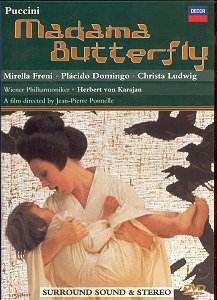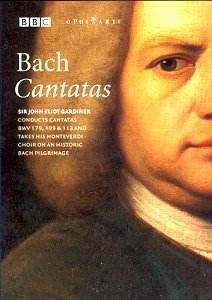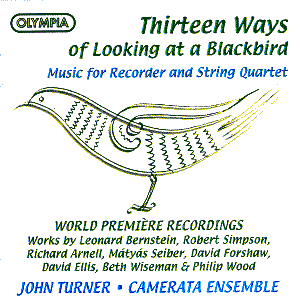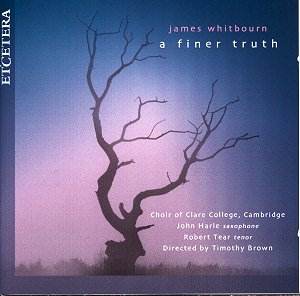 Composer: Giacomo Puccini
Composer: Giacomo Puccini
Works: Madama Butterfly
Performers: Mirella Freni (Cio-cio-san), Plácido Domingo (B.F. Pinkerton), Christa Ludwig (Suzuki), Robert Kerns (Sharpless), Michel Sénéchal (Goro), Marius Rintzler (Il Bonzo), Elke Schary (Kate Pinkerton), Giorgio Stendoro (Prince Yamadori)
Recording: DECCA DVD 071 404-9, conducted by Herbert von Karajan, 1974
Label: DECCA
Puccini’s “Madama Butterfly” is a cornerstone of the operatic repertoire, merging intense emotional narrative with richly evocative music. Composed in 1904, it reflects not only a shifting landscape of operatic aesthetics but also a poignant commentary on cultural imperialism and the fragility of love. The 1974 film adaptation directed by Jean-Pierre Ponnelle, featuring an illustrious cast led by Mirella Freni and Plácido Domingo, offers a unique lens through which to experience Puccini’s masterwork, albeit with its own set of interpretative decisions that invite scrutiny.
Freni embodies Cio-cio-san with a vulnerability that is both heartbreaking and compelling. Her ability to navigate the character’s arc—from innocent hope to tragic despair—is matched by the sheer beauty of her vocalism. The famous “Un bel dì vedremo” is delivered with an ethereal quality that captures not just the notes but the essence of yearning that defines Butterfly’s character. Domingo, youthful and passionate, transforms Pinkerton from a callous cad to a figure engulfed in remorse, particularly evident in the duet that closes Act I. Their performance is marked by a palpable chemistry that elevates the emotional stakes, encapsulating the entangled fates of their characters.
The technical aspects of the recording are generally commendable, with the sound engineering providing clarity and richness typical of DECCA’s high standards. The refurbishment for DVD enhances both the visual and auditory experience, allowing the audience to appreciate the sweeping orchestral textures of Puccini’s score. Von Karajan’s conducting style, characterized by a lush, romantic approach, serves the music well, although there are moments where his interpretation strays into sentimentality. The orchestral support is robust, yet sensitive to the singers, particularly in the exquisite humming chorus that heralds the closing of Act II, where the visual backdrop of dusk encroaches upon the stage—a moment of sublime beauty.
However, the film’s visual choices are at times disconcerting. Ponnelle’s decision to employ unconventional camera angles can detract from the intimacy traditionally found in operatic performance. The high-angle shots during the first act duet, while ambitious, create a sense of distance that undermines the romantic fervor intended by the music. Moreover, the close-ups, particularly of Sharpless, verge on the intrusive, drawing attention away from the unfolding drama. The climax, where Butterfly’s tragic end is portrayed with particular rawness, feels excessively harrowing, overshadowing the operatic grandeur that Puccini so masterfully constructs.
Despite these visual missteps, the musical performances resonate profoundly, allowing audiences to engage with the emotional core of the opera. The ensemble cast supports the leads admirably, with Christa Ludwig’s portrayal of Suzuki providing a reassuring counterbalance to Butterfly’s turmoil and Robert Kerns’ Sharpless embodying the voice of reason amidst chaos. Sénéchal’s Goro and Rintzler’s Il Bonzo add further color to the narrative tapestry, enhancing the overall dramatic impact.
This production of “Madama Butterfly,” while occasionally faltering in its visual execution, ultimately delivers a powerful interpretation of Puccini’s emotional landscape. The combination of a stellar cast and Karajan’s conducting creates a memorable rendition that stands as a valuable addition to the operatic canon, worthy of exploration for both seasoned aficionados and newcomers alike. The nuances of the performances and the richness of the score ensure that this adaptation remains a significant and poignant experience in the realm of classical music.



